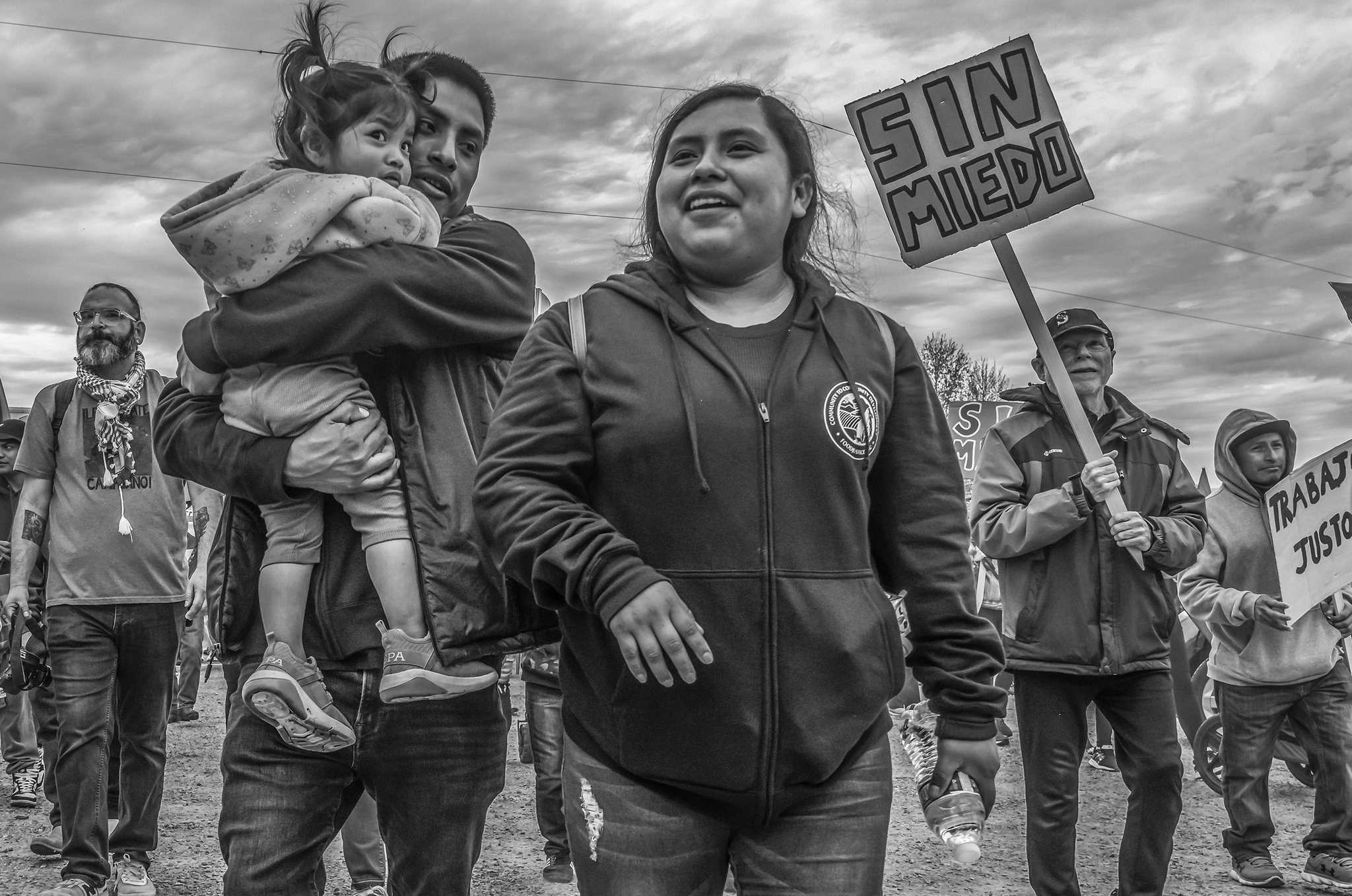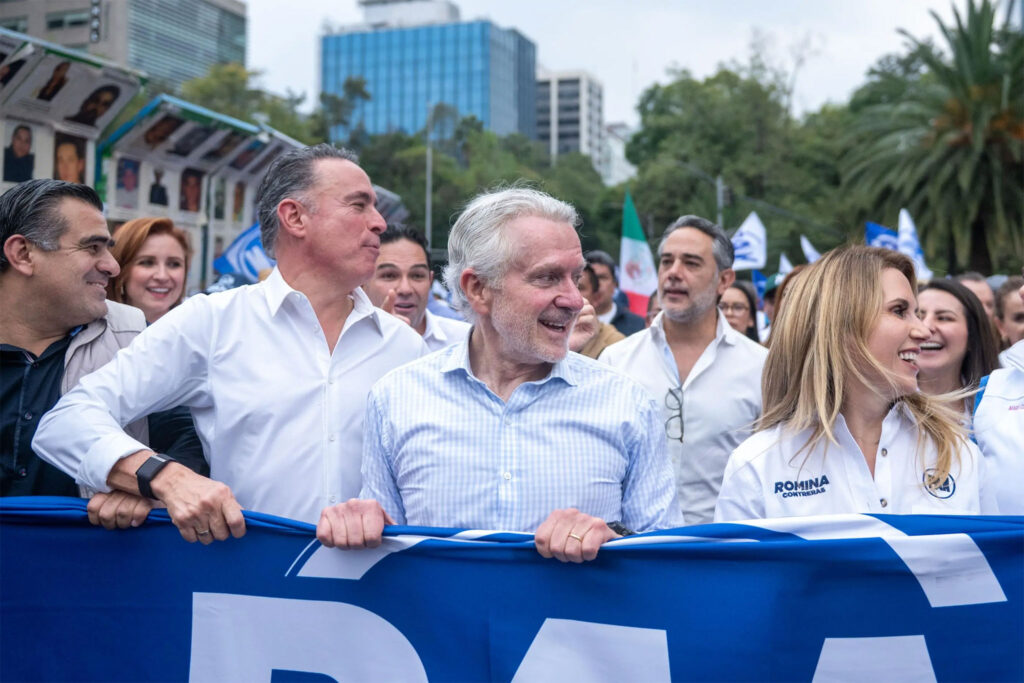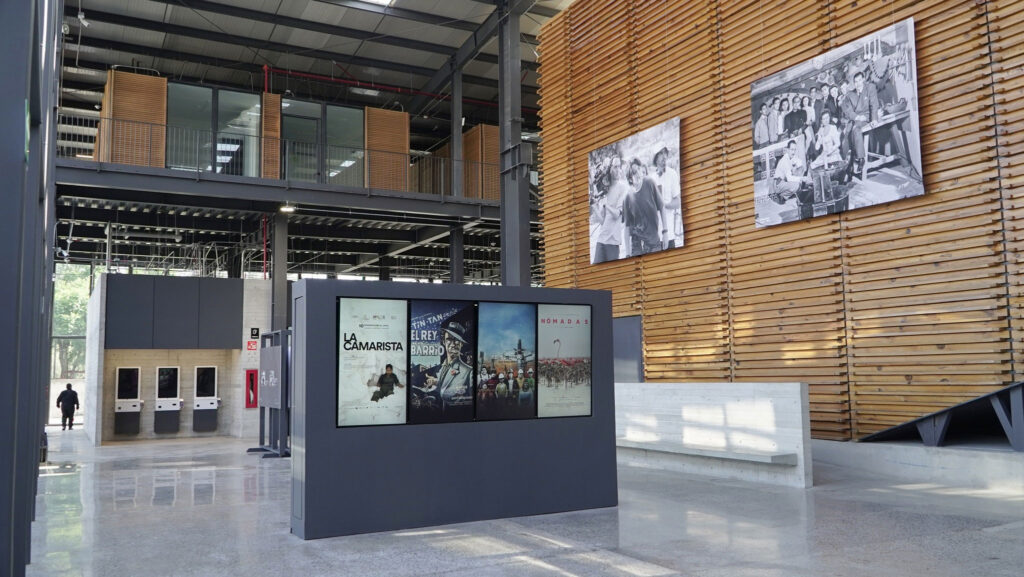Immigrant Options: Deportation or Deportation
During Trump’s first presidency, throwing meat to his racist and nativist base, he attempted to ban individuals from majority Muslim countries from traveling to the US. It was the opening salvo in his campaign to make America white and Christian again.
Now he has a second chance. This time, he’s thrown open the gates of hell, releasing the largest, most lethal, most invasive police force in US history to detain and deport immigrants, ignoring their legal and human rights. His single-minded demonization of immigrants acts as a cover for his shift of government dollars from programs serving the people to those punishing the people, and in the process, lining the pockets of his wealthy friends in the private prison-industrial complex.
Caught up in this wave of arrests, migrant farmworker organizer Lelo Juarez knew that once detained, his only options were deportation — or deportation. If deported by ICE, he might end up in Uganda, the Trump administration’s stated plan for Kilmar Abrego Garcia, a man they wrongly arrested by their own admission. Lelo took the option of voluntarily returning home to Mexico.
Life in Mexico will have its rewards. His elderly parents, who left Mexico long before the 4th transformation began, will collect decent social security payments. His kids will have school scholarships and learn not about the greatness of white America but about Yankee imperialism. He will be his own boss on his farm, away from ICE’s menacing shadow.
But that is not enough. Lelo’s family and immigrants from all over the world, who provide the backbone to so much of the US economy, from home repair to the food on our table, built a life and put down roots on US soil. They’re entitled to their choice of homeland without fear of forced removal.
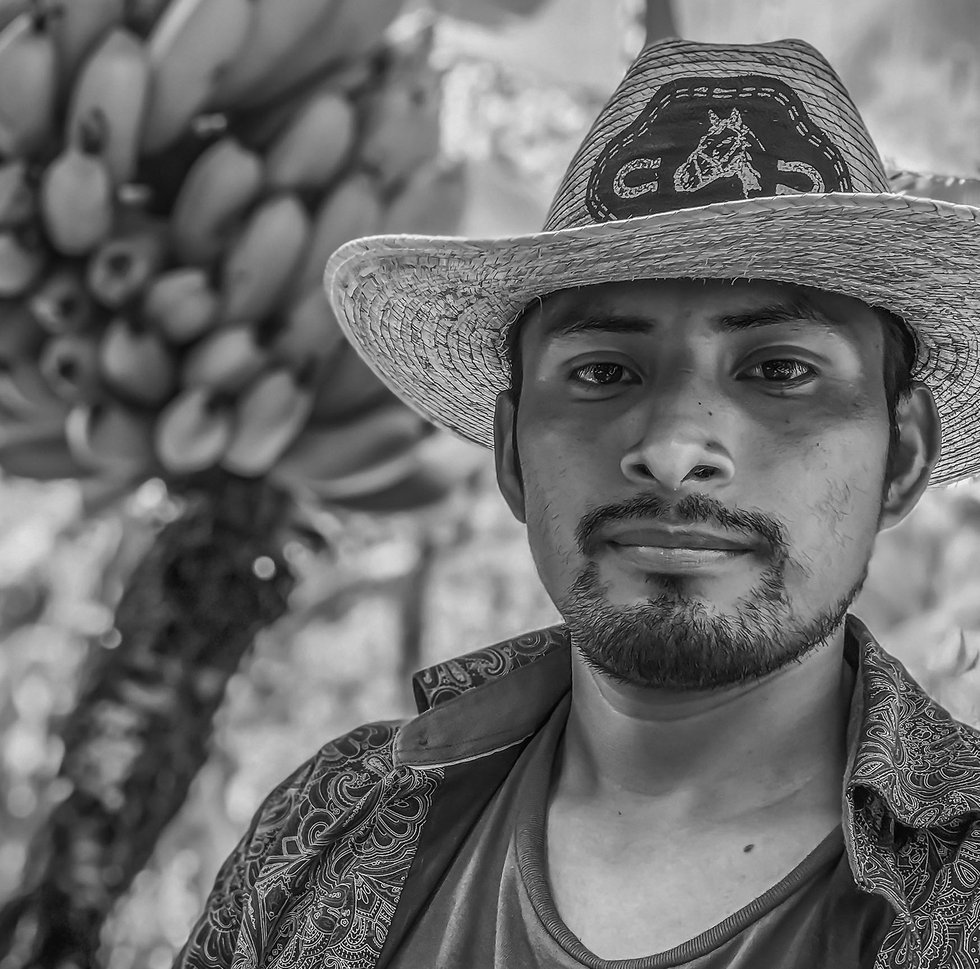
We published an interview by Derek Seidman with Edgar Frank about farmworker organizer Alfredo Juarez Zeferino, or “Lelo,” when he was first detained by ICE on April 16, 2025. In July, photojournalist David Bacon interviewed Lelo by phone while he was imprisoned in the Northwest Detention Center in Tacoma, Washington, two weeks before he agreed to “voluntary departure.” David spoke with Lelo again when he was home in Mexico, where he could talk more freely.
David Bacon: You were arrested and detained on March 25, and spent over three months in detention. What were the conditions in the Tacoma Northwest Detention Center?
Lelo Juarez: It’s a really terrible place, and bad food is probably the worst problem. The Geo Group is the private corporation that runs the detention center, and it’s supposed to provide three meals a day, but often the last meal comes at one or two in the morning. The rice was hard, like it never touched hot water, and the beans were never cooked all the way. That was the main food they gave us. Chicken was so undercooked that sometimes it dripped blood, and people got sick during the night. One time everybody turned in their trays, and we wouldn’t take the food.
The second week I had vision problems because the lights were always on at night, making it hard to sleep. I signed up for “sick call” and waited a long time to see a doctor until finally an officer sent us back to our unit — I wasn’t going to be seen. They only had one doctor. Other folks in my unit waited hours and hours and still weren’t seen.
Your family left the US first, right?
In early March, before I was even detained, my family decided to return to our hometown in Mexico, a hard decision because my parents had lived in Washington for 18 years. My siblings were born in the US and going to school there. All their friends are there.
But when we saw ICE rounding up more and more folks, my family didn’t want the trauma of separation.They left on March 16 from Santa Maria on the bus. It’s hard to describe the feeling. We always had this plan for my siblings to go to school and have a better life, more opportunity than my parents had. It was like we had to start all over again.
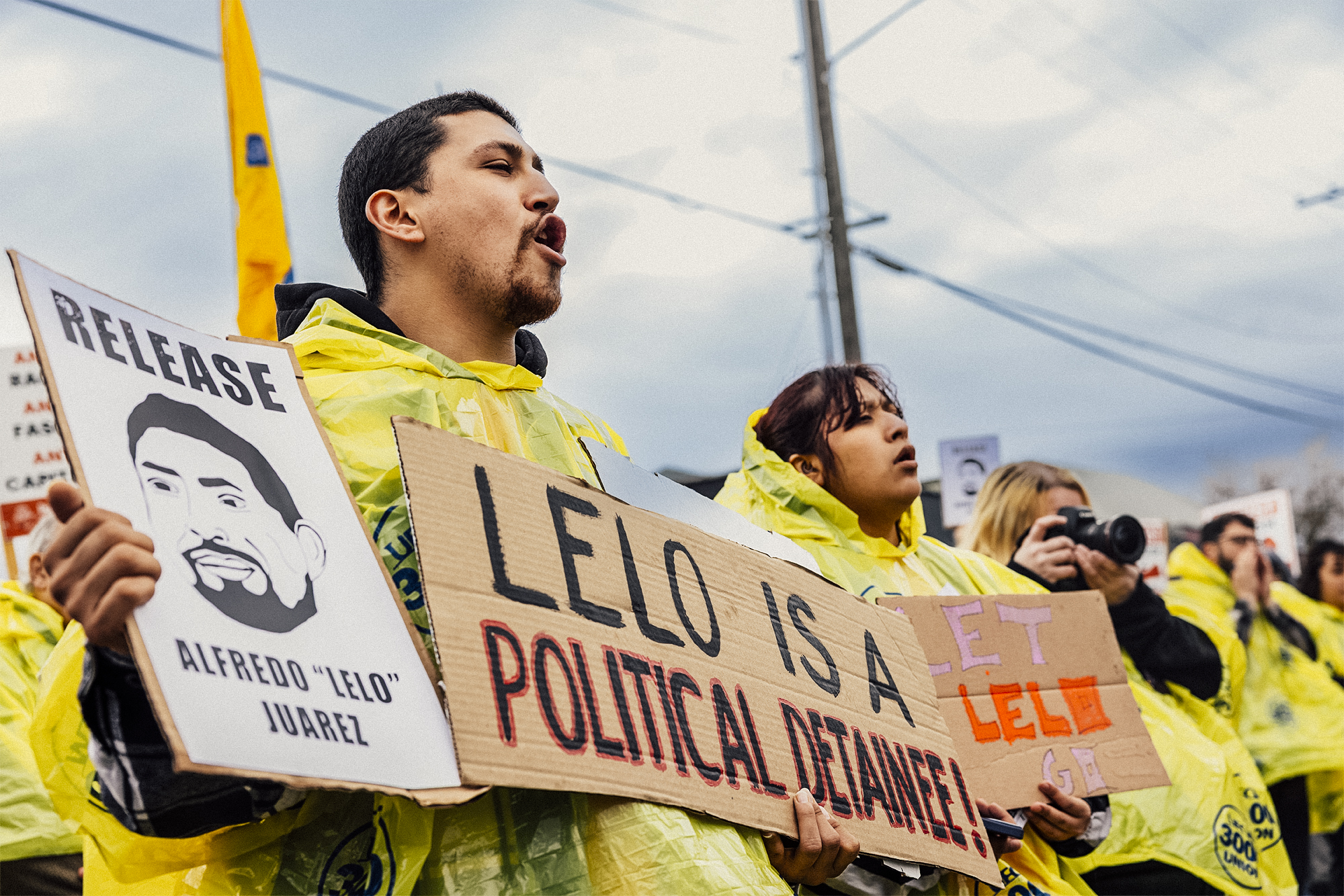
After your family left, how did ICE find and detain you?
On March 25, I was driving my compañera to work in the tulip fields of the Washington Bulb Company, north of Seattle, when I was stopped by immigration agents. I asked them for a warrant, but they just broke the car window and dragged me out.
Within hours I was in the Tacoma detention center and in line for a flight back to Mexico. There was a campaign to get me out, including calls from US Representative Rick Larsen, Democrat from Washington, and Washington Governor Bob Ferguson, also a Democrat, and that saved me from immediate deportation.
Later, ICE said they detained me because of an earlier deportation order, but that was a pretext. Before my detention, I had no idea about the 2017 removal order from the first Trump administration. If they’d really wanted to remove me, they could have, but they didn’t. They waited until Trump was president again. They didn’t give me the opportunity to respond or fully defend myself — I never got due process.
Why do you think you were targeted?
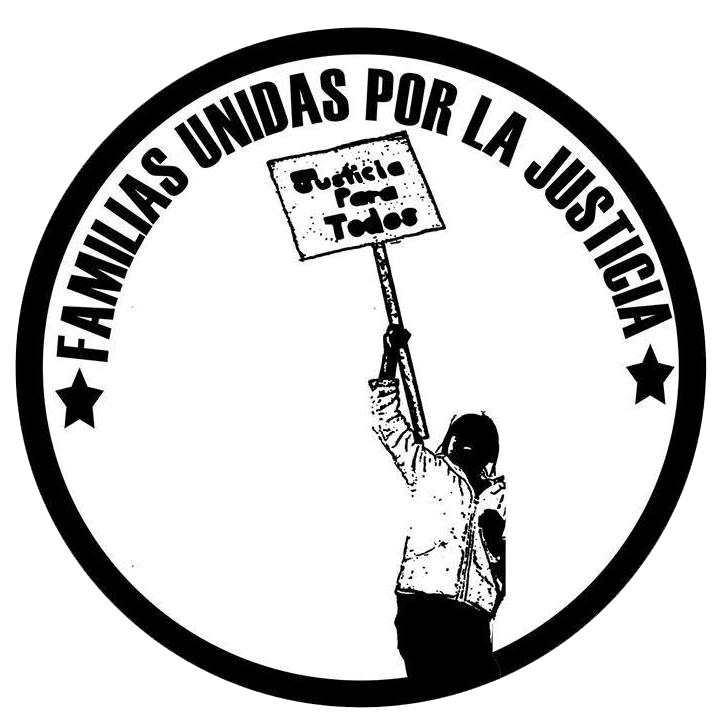
Because of my history as a farmworker organizer. In Washington, I cofounded a new union, Familias Unidas por la Justicia, and I helped organize campaigns by Community to Community, the state’s advocate for agricultural workers.
But mostly, the growers were hostile to me because I publicly criticized the H-2A contract labor program. Growers like WAFLA — that’s the Washington Farm Labor Association, a large labor contractor — know me well and were upset by our opposition to the H-2A program. I talked to workers who were not on H-2A visas about losing their jobs because H-2A was now the way to be legal. I also talked to the H-2A workers themselves when they called to report abuses built into the program.
You spent months in detention, but in mid-July, you decided to go home. Why then?
ICE is trying all they can to get folks out of the country by deporting them or asking them to self-deport. In the Tacoma detention center, they came to my unit three times, saying that if people gave up their right to fight their case and self-deported, they’d send them $1,000 after sixty days. People got really mad because we have families here and we’ve been part of the community for many years. What’s $1,000 compared to twenty years of your life?!
But detention takes its toll, what with its dehumanizing conditions and the hopelessness of resolving our cases.
Many people I knew in detention filed cases, and they all lost and got deported. Two people even won their cases — and they’re going to be deported anyway! A lot of people here have legal status and good jobs, and they’ve been paying taxes for years. But at the end of their last hearing, they get deported anyway.
My case was no different. Winning from within just didn’t seem possible. Even if I went through all the legal steps and had a decision in my favor, there was no guarantee I’d be released. Signing the voluntary departure was the only option I had.
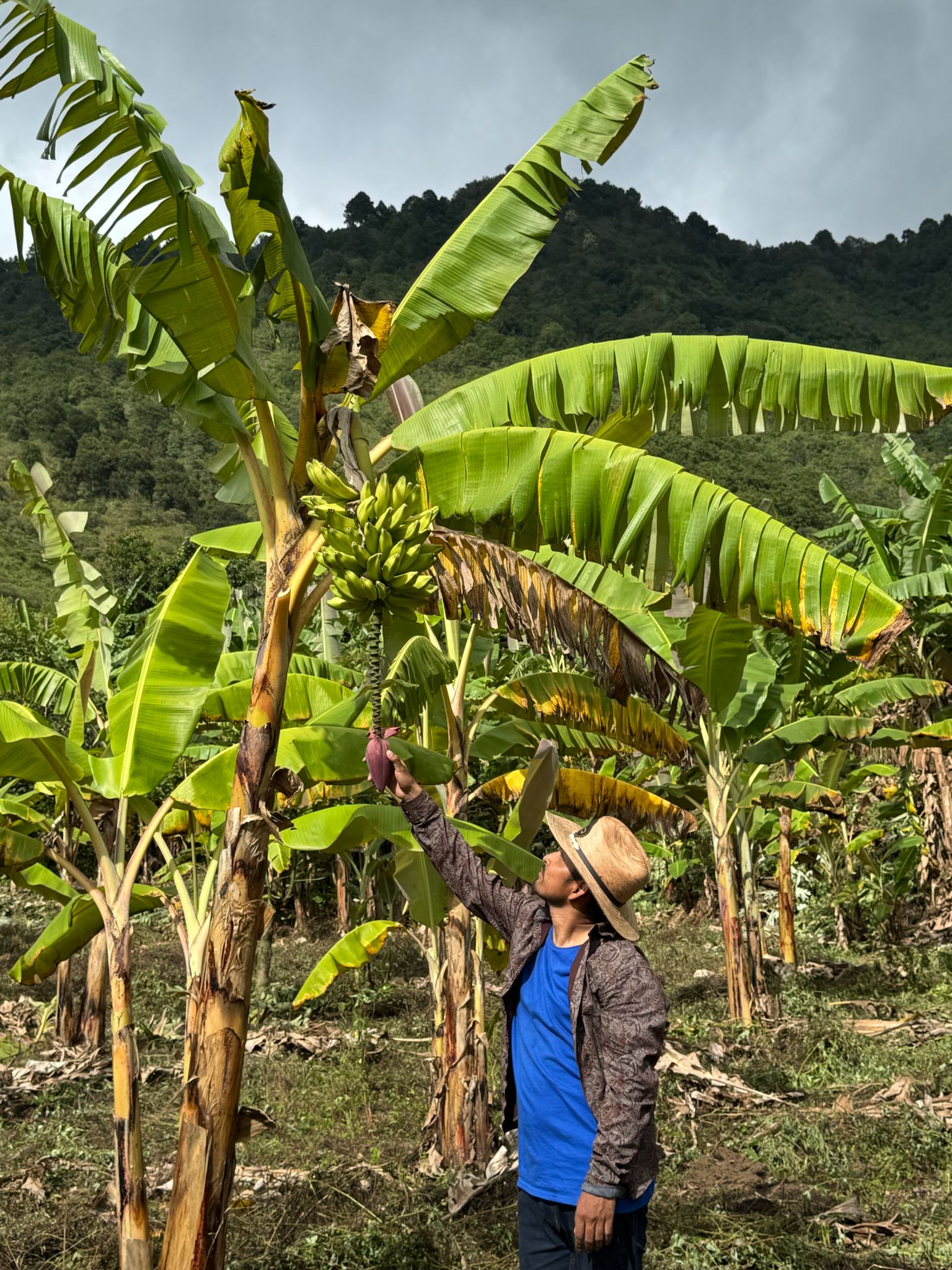
How did it feel to be home again in Santa Cruz Yucucani in Guerrero?
I remembered it from childhood. I went to town a couple of days ago, and people recognized and invited me to eat. I’ve had a lot of really good food here. Other families have come back here as well, and folks are excited that we’re back.
When I returned, I began going out to the family farm with my father and grandfather. They plant corn, green beans, pumpkins and bananas. My grandpa sells a little bit of it, but it’s mostly just for the family.
How does this work compare with your US work as a union organizer of farmworkers who work for wages in industrial agriculture?
The big difference is that here we don’t work for anybody, because the fields belong to the family. We can take a break whenever we want, and when it gets hot, we just go find shade. It’s a huge change from being a farmworker working for a boss.
But I don’t forget the union and the community they took me from by force. I haven’t stopped feeling part of an immigrant community that’s trying to defend itself. As a farmworker, it’s heartbreaking to see pictures of the military chasing us in the fields.
We’ve never been able to legalize, and now we have to leave. It’s not right. People have to pay attention to what’s happening and speak up. Don’t look the other way.
But meanwhile, I have to live. Tomorrow I’m going to the banana field — the first time in eighteen years.
A former union organizer for thirty years, David Bacon’s photoessays and stories seek to capture the courage of people struggling for social and economic justice in countries around the world.
-
People’s Mañanera February 9
President Sheinbaum’s daily press conference, with comments on scholarships, return of mining concessions, PRIAN exposed, Bad Bunny Super Bowl, and aid to Cuba.
-
8 Million App Users, TV Soap Opera Ad… & the PAN Still Can’t Find New Members
In Mexico, where political parties are currently publicly financed, the right wing PAN has spent a staggering amount during its lackluster recruitment drive.
-
Mexico’s National Film Archives Workers Demand Dignity
“Our struggle is legitimate; we are not asking for privileges or luxuries, only better working conditions and job security. We also seek dialogue. This situation has become unsustainable.”

